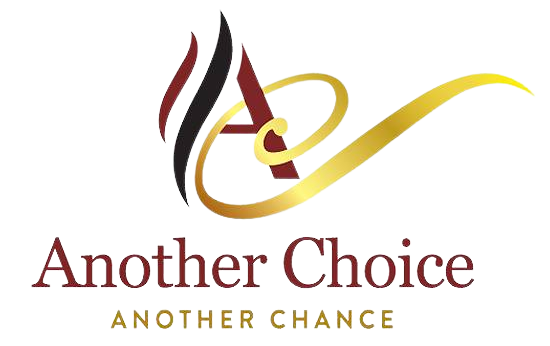Alcohol and Substance Use Treatment

Alcohol and Substance Use Treatment
- SMART Recovery
- CBT/Mindfulness
- Motivational Interviewing
- Trauma-Informed Treatment
- Outpatient – Outpatient services allow clients the freedom of attending scheduled appointments in-clinic or via telehealth while continuing to live at home.
- Intensive Outpatient – For patients seeking assistance due to their child’s behavior, our drop-in center is designed to address the needs of youth with alcohol and/or substance use. We provide a safe space to explore triggers and challenges, enrichment activities, and open access to counseling staff.
Individual counseling is a one-on-one collaboration between counselor and client, focused on the client’s immediate and future concerns. The counselor and client form an alliance that fosters trust and personal growth. Individual counseling may address processing grief, difficulty managing life stressors, mental health symptoms, dependence on a substance in place of coping skills, etc. Balance, wellness, and recovery can be achieved with the proper skills and support. A primary goal of Individual Counseling is to identify and strengthen healthy coping skills to manage challenges that lead to anxiety, depression, and other mental health concerns. Individual Counseling can assist in working through stressful life situations, work problems, grief, and emotional distress or relationship difficulties. Our professional, empathetic, supportive counselors can help.
In Group Counseling, a trained facilitator leads a session among a small group of clients who are dealing with similar challenges. The greatest benefits of Group Counseling come from the power of working among a group with similar treatment goals and experiences. In Group Counseling, one is likely to feel a reduced sense of isolation, learn from shared experiences, and develop a greater sense of self-awareness as a result of interacting with peers in the therapeutic environment.
- Clients learn from each other.
- Clients can practice new interpersonal skills in group.
- Clients hear a range of perspectives from the group members.
- Clients learn problem-solving skills.
- Clients develop a sense of community by giving and receiving peer support.
- Clients have increased opportunity for validation.
Recovery Support
Dedicated and trained case managers and peer support coaches offer support during and after treatment. Supports are tailored to individual needs and may include:
- Employment needs
- Housing
- Social Services
- Medication Management
- Recovery Coaching
- Therapeutic Life Skills Training
SERVICES
News Letter
Sign up to receive the latest posts from us

